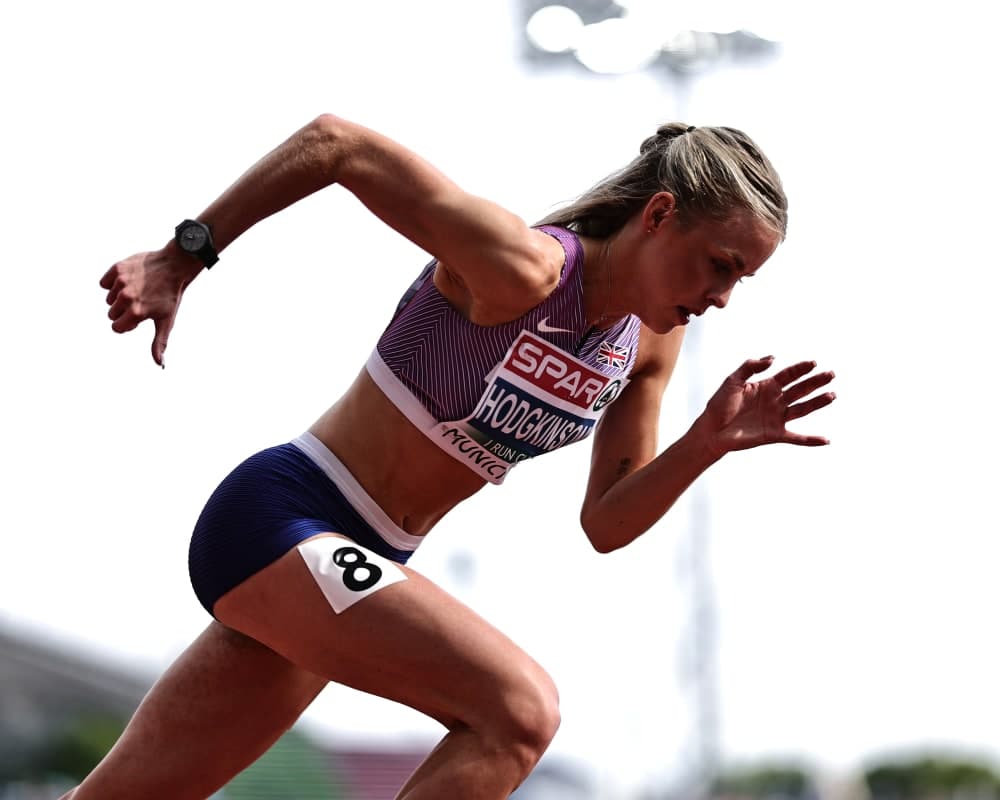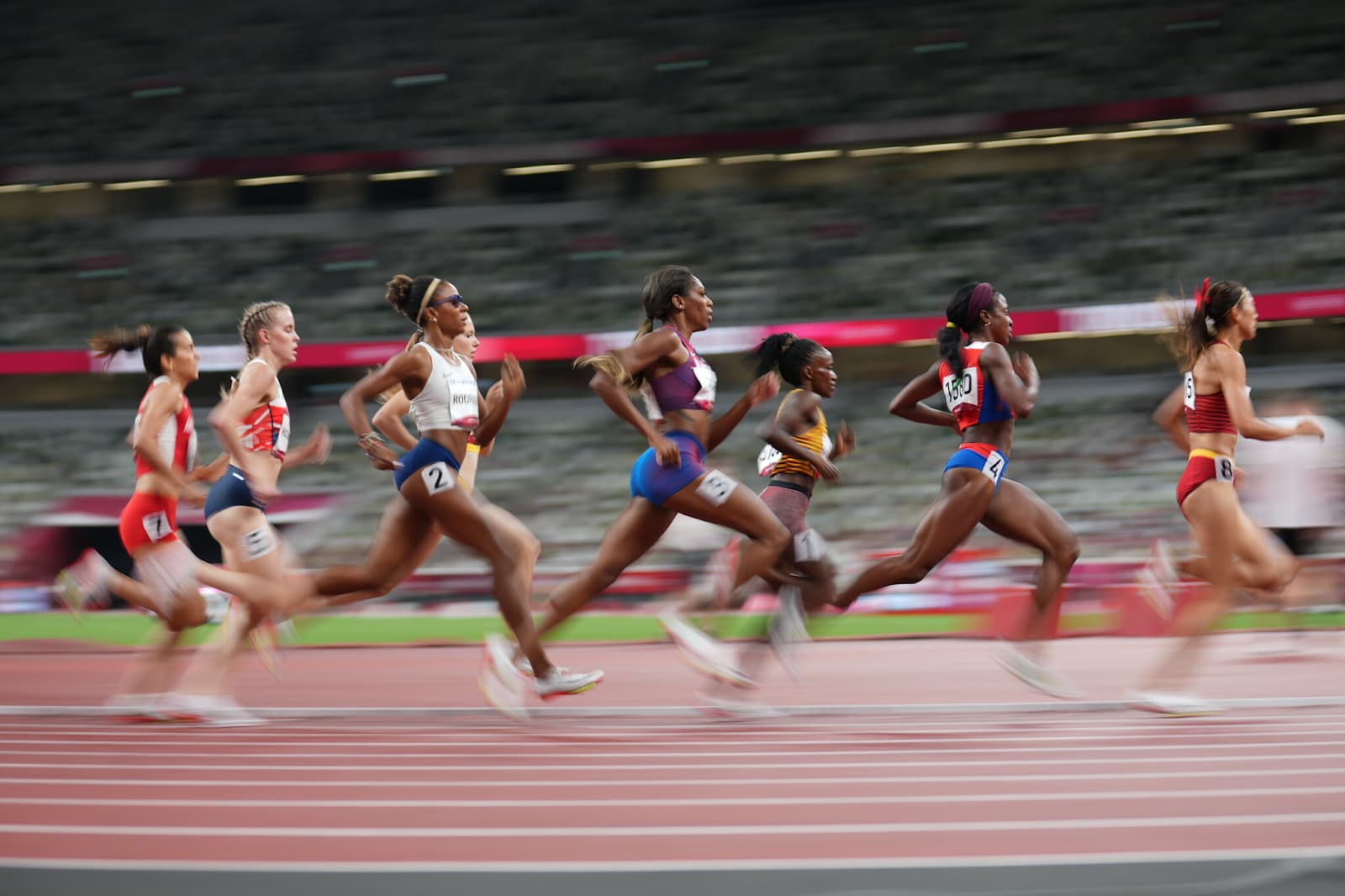Running is a tough sport. It requires perfect physical fitness. Each race requires careful preparation and a huge effort, both physical and psychological. At stake may be a title, a cash prize, or a new PR contract.
Physical fitness means a lot, but it is not a guarantee of victory. There are other factors, too. For example, hot weather will lead to overheating and dehydration. Or a runner’s strict diet, which, instead of being beneficial, will weaken him before the race. If you are watching races and trying to guess the future winner, it would be a mistake not to take these factors into account.
If guessing the future winner of a race is extremely important to you, you can find and learn all these factors on news platforms or bookmaker sites. For example, I often use ggbet-hu.net as it offers statistics on athletes.
Personal Factors
First of all, experts pay attention to all factors related to the runner’s health. And there are a huge number of them.
Physical Fitness
Of course, fitness is a very important factor. Is the runner at the peak of his physical abilities? What are his key indicators? But fitness factors also include:
- Injuries: Has the runner had any recent injuries? What kind? How did he or she handle treatment and physical therapy?
- Training: What approach does the runner and his coach use when training? How often do they train, and are their performances improving?
- Nutrition: This is one of the main factors for any athlete, besides training and timely medical care. Is there any data on the diet of a runner? How does he eat and maintain his form? For example, recent research has shown that if a runner tends to stay on low-carb, high-fat ketogenic diets, in the long-term perspective, it can be harmful.
Impact on Leaders: Let’s say a runner has been a leader for some time and is used to his physical capabilities, but with a bad diet, he is not at his peak; this will lead to mistakes. For example, he will rush faster out of habit, and will get exhausted. Of course, an injury will always be an alarm bell that will make adjustments to the leaders’ positions.

Psychological Factors
Self-confidence and a stable emotional state are no less important for a player on the track than good stamina. Holding the lead comes with anxiety and the mental load of being chased. This can lead to nerve breaks or depression.
It is important to watch how the runner maintains his composure during the race and after. Does he lose his temper because of a loss, does he make mistakes because of a bout of overconfidence, or a negative reaction from the crowd on the track?
Impact on Leaders: An unstable emotional background most often leads to strategic mistakes. And they affect the entire outcome of the race.
Race Tactics
This factor includes the runner’s work with the coach, which can be assessed based on previous races. Coaches help runners plan pacing strategies: when to surge, when to conserve. For example, depending on the athlete’s physical characteristics and features, a strategy can be developed in which he uses negative splits or drafting.
Impact on Leaders: Training with such specificity gives leaders tools to respond effectively during a race, rather than relying solely on instinct.
Factors That Don’t Depend on the Runner
There are a number of factors that can affect performance during a race. By the way, they also depend on the type of race. For example, in short races, the starting position will be important, and in long races, timing and weather conditions will be important. Here is one of the most important external factors.

Environmental Conditions
The main factors to consider are the weather, the topography of the place, and the temperature. Again, the type of race is of great importance. For example, if we are talking about a marathon, the temperature, which can lead to dehydration, and the topography will have a huge impact. It has been proven that on flat tracks with a slight slope, like in Berlin, the winning speed is much higher.
Impact on Leaders: Leaders who aren’t adapted to altitude may fade fast if they attempt to set a normal pace. Acclimatized runners have an advantage in both leading and chasing.
